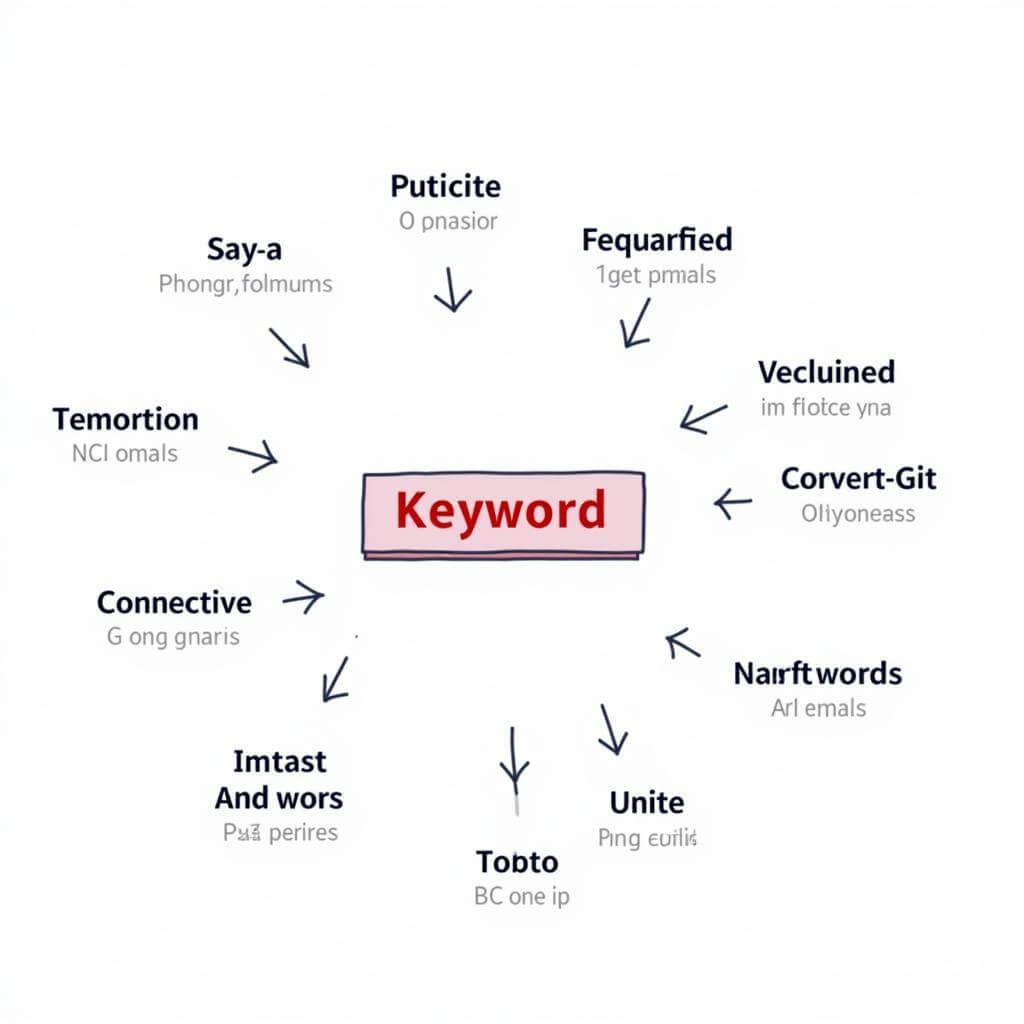IELTS Listening can be challenging, especially when it comes to identifying keywords in fast audio passages. As an experienced IELTS instructor, I’ve seen many students struggle with this crucial skill. In this comprehensive guide, we’ll explore effective strategies to help you excel in identifying keywords in fast audio during your IELTS Listening test.
Understanding the Importance of Keywords in IELTS Listening
Keywords are the backbone of IELTS Listening comprehension. They help you focus on the essential information and guide you towards the correct answers. In fast-paced audio, identifying these keywords becomes even more critical.
Why Keywords Matter
- They signal important information
- They help predict upcoming content
- They guide your attention to relevant details
- They save time by allowing you to filter out less important information
Strategies for Identifying Keywords in Fast Audio
1. Develop Active Listening Skills
Active listening is crucial for handling fast-paced audio effectively. Train your ears to pick up on stress, intonation, and emphasis in speech.
- Practice with various accents and speaking speeds
- Focus on the speaker’s tone and rhythm
- Anticipate natural pauses in speech
2. Pre-reading and Prediction
Before the audio begins, use the time wisely:
- Skim the questions quickly
- Underline potential keywords in the questions
- Predict possible synonyms or paraphrases
Dr. Emma Thompson, a renowned IELTS expert, advises: “Spend those precious 30 seconds before each section wisely. Anticipating the content can significantly boost your keyword recognition speed.”
3. Recognize Signpost Language
Certain phrases often introduce key information:
- “The main point is…”
- “It’s important to note…”
- “In conclusion…”
- “However…”
- “On the other hand…”
Train yourself to perk up when you hear these expressions, as they often precede crucial keywords.
4. Utilize Context Clues
Context can help you identify keywords even in rapid speech:
- Pay attention to the overall topic
- Listen for related vocabulary
- Use your general knowledge to make educated guesses

5. Practice with Transcripts
A powerful technique for improving your keyword identification skills:
- Listen to IELTS practice audio without looking at the transcript
- Try to identify the keywords
- Listen again while reading the transcript
- Compare your identified keywords with the actual ones
This method helps train your ear to catch keywords in fast speech.
6. Focus on Word Stress
In English, important words are often stressed. Pay attention to:
- Emphasized syllables
- Words spoken slightly louder or longer
- Changes in pitch or tone
These can all indicate key information in fast audio.
Advanced Techniques for Fast Audio Comprehension
1. Chunking Information
Instead of trying to catch every word, focus on understanding phrases or “chunks” of information. This technique is particularly useful when listening for different viewpoints in a fast-paced discussion.
2. Develop Your Short-term Memory
Improve your ability to hold information briefly:
- Practice remembering lists of words
- Play memory games
- Summarize short audio clips immediately after listening
3. Speed Listening Training
Gradually increase the speed of your practice materials:
- Start with normal-speed audio
- Increase to 1.25x speed
- Progress to 1.5x speed
- Practice with native-speed materials
This technique helps your brain process information more quickly.
4. Synonym Recognition
IELTS often uses synonyms or paraphrases instead of exact words from the audio:
- Create synonym lists for common IELTS topics
- Practice quickly recognizing alternative expressions
- Expand your vocabulary in relevant subject areas
Professor James Lee, an IELTS researcher, notes: “Students who excel in synonym recognition typically score higher in the listening module, especially in fast audio sections.”
5. Accent Familiarization
IELTS features various English accents. To improve your skills:
- Listen to podcasts from different English-speaking countries
- Watch international news broadcasts
- Practice with diverse speakers in IELTS listening
6. Mindfulness and Concentration Exercises
Improve your focus to catch keywords in fast audio:
- Practice meditation to enhance concentration
- Try breathing exercises before listening tasks
- Eliminate distractions during practice sessions
Common Pitfalls to Avoid
- Don’t fixate on unfamiliar words
- Avoid translating in your head
- Don’t panic if you miss something – move on
- Resist the urge to write too much during the audio
Conclusion
Mastering the art of identifying keywords in fast audio is a game-changer for IELTS Listening success. By implementing these strategies and consistently practicing, you’ll develop the skills needed to excel in this challenging aspect of the test. Remember, improvement comes with time and dedication. Keep refining your techniques, and you’ll see significant progress in your ability to handle fast-paced audio effectively in the IELTS Listening test.
Frequently Asked Questions
How can I improve my concentration during fast audio passages?
Practice mindfulness techniques, eliminate distractions during practice, and gradually increase listening duration to build stamina.
What should I do if I miss a keyword in the audio?
Stay calm and focus on the next question. Don’t let one missed keyword derail your entire performance.
How often should I practice identifying keywords in fast audio?
Aim for daily practice sessions of 15-30 minutes, gradually increasing difficulty and speed over time.
Are there any specific apps or tools for practicing fast audio comprehension?
Yes, apps like ELSA Speak, BBC Learning English, and official IELTS preparation apps offer exercises for fast audio comprehension.
How can I differentiate between important keywords and less relevant information?
Focus on words that directly answer the questions, and pay attention to emphasized or repeated words in the audio.
Is it better to read questions first or listen to the audio first?
Generally, it’s advisable to read questions first to prime your brain for the relevant information. However, practice both methods to see which works best for you.
How can I improve my ability to understand different accents in fast audio?
Expose yourself to a variety of English accents through podcasts, international news, and practice with British accents for IELTS listening.